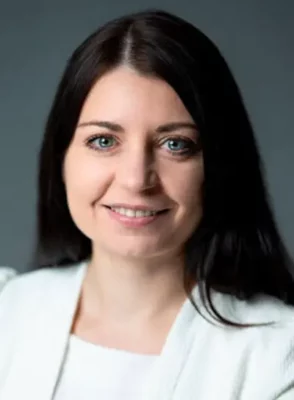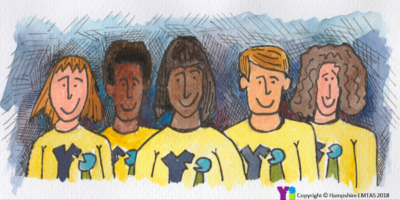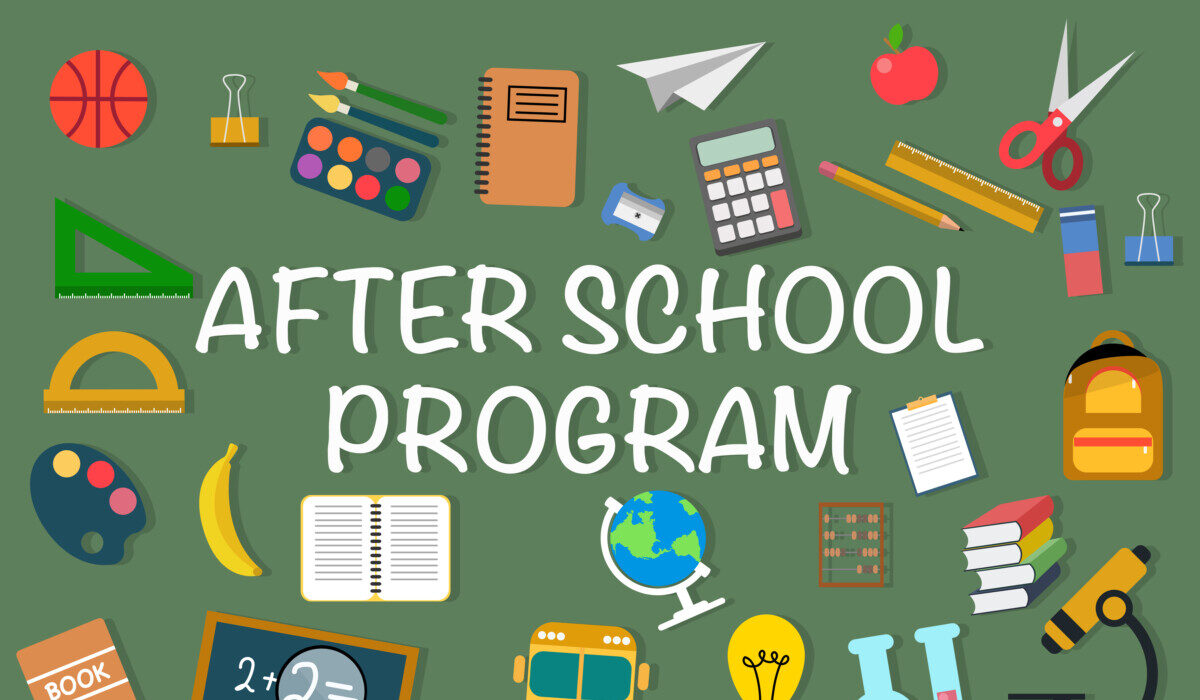 EAL Coordinator series: Anna Czebiolko explores the benefits of co-curricular enrichment sessions
EAL Coordinator series: Anna Czebiolko explores the benefits of co-curricular enrichment sessions
When new English language learners arrive, the list of potential challenges is long: from the personal, social and cultural to the academic. New pupils may need to fill gaps in learning, breakdown a language barrier, figure out common social conventions and, equally important to them, integrate into the school community. School enrichment opportunities such as clubs, workshops or temporary projects have the potential to meet those needs in a less formal situation. In fact, engaging enrichment time can be built for this purpose.
UK is Cool
Guiding learners through cultural, historical and geographical facts about the UK allows them to explore the origins of idioms, references from pop culture, famous British people, and tourist attractions. In our regular ‘UK is Cool’ initiative, we have already covered cultural events such as Bonfire Night and St George’s Day. Quite frequently pupils do their own research and use school resources to answer questions about these events. The other day we watched short video adverts and chose the best theme parks in the UK by assessing their offers, attractions, entertainment and more. A similar task was later used to learn about superlative adjectives in practice, as all final presentations required “the best” and “the most”.
Special Thursdays
In order to develop oracy and ensure effective integration across the school, a whole-school ‘Special Thursdays’ project involved staff and learners working together. Multilingual pupils prepared a set of questions related to specific topics and interviewed teachers. Staff members introduced the topics in advance so all the learners could read about them, and also prepare their questions before each session. All the questions were then used by pupils during the interviews. This meant that the staff could familiarise themselves with the pupils, and the pupils had the chance to practise their speaking skills.
The power of translanguaging
Promoting the use of pupils’ first and home languages is invaluable. The Young Interpreter Scheme plays an important role in celebrating multilingualism across the country. Completion of the course helps children to recognise their contribution, which they make by using their linguistic talents and supporting others.
 Translation workshops and competitions are equally beneficial. From my own practice, I know it is a real challenge to explain meanings when they do not have representation in another language. These situations prompt imaginative communication techniques.
Translation workshops and competitions are equally beneficial. From my own practice, I know it is a real challenge to explain meanings when they do not have representation in another language. These situations prompt imaginative communication techniques.
Writing poetry in mixed languages, taking on the role of teacher and introducing others to one’s linguistic repertoire are other creative examples. Although dictionaries are losing popularity to their electronic cousins, they can be still used in exams. The ability to look up words and understand grammatical and lexical symbols may also have a positive effect on building one’s linguistic awareness in cross-curricular contexts. Therefore, offering dictionary skills workshops is another option.
The world without grammar
 Poetry workshops can lead to the discovery of new talents. One of our sessions, which was led by a visiting poet, was organised around the theme of identity. The outcomes of the session were impressive as the participants wrote openly about strong feelings of anger, shock or pain and composed their texts with pride and individuality. When grammatical rules did not apply, words were still meaningful and the free-spirited, and poetic way of putting them together allowed for deep expression and learning.
Poetry workshops can lead to the discovery of new talents. One of our sessions, which was led by a visiting poet, was organised around the theme of identity. The outcomes of the session were impressive as the participants wrote openly about strong feelings of anger, shock or pain and composed their texts with pride and individuality. When grammatical rules did not apply, words were still meaningful and the free-spirited, and poetic way of putting them together allowed for deep expression and learning.
Take home
Although schools regularly establish a wide range of after-school activities for all and encourage integration, some learners may prefer sessions that prioritise language development and where they can meet like-minded students. Organising enrichment sessions like this builds a wider range of choices for multilingual pupils, so they can decide how they would like to spend their time.
Undoubtedly, academic support in the form of EAL homework clubs or traditional ESOL lessons still has a place amongst more creative initiatives. However, activities that see pupils exploring the wonders of the country they live in, writing poetry or translating texts offer a pause from a frequently overwhelming timetable and have the potential to boost pupil confidence. With a rich variety of propositions: from whole-school ventures, through personalised and themed clubs, all learners’ needs can be met.


